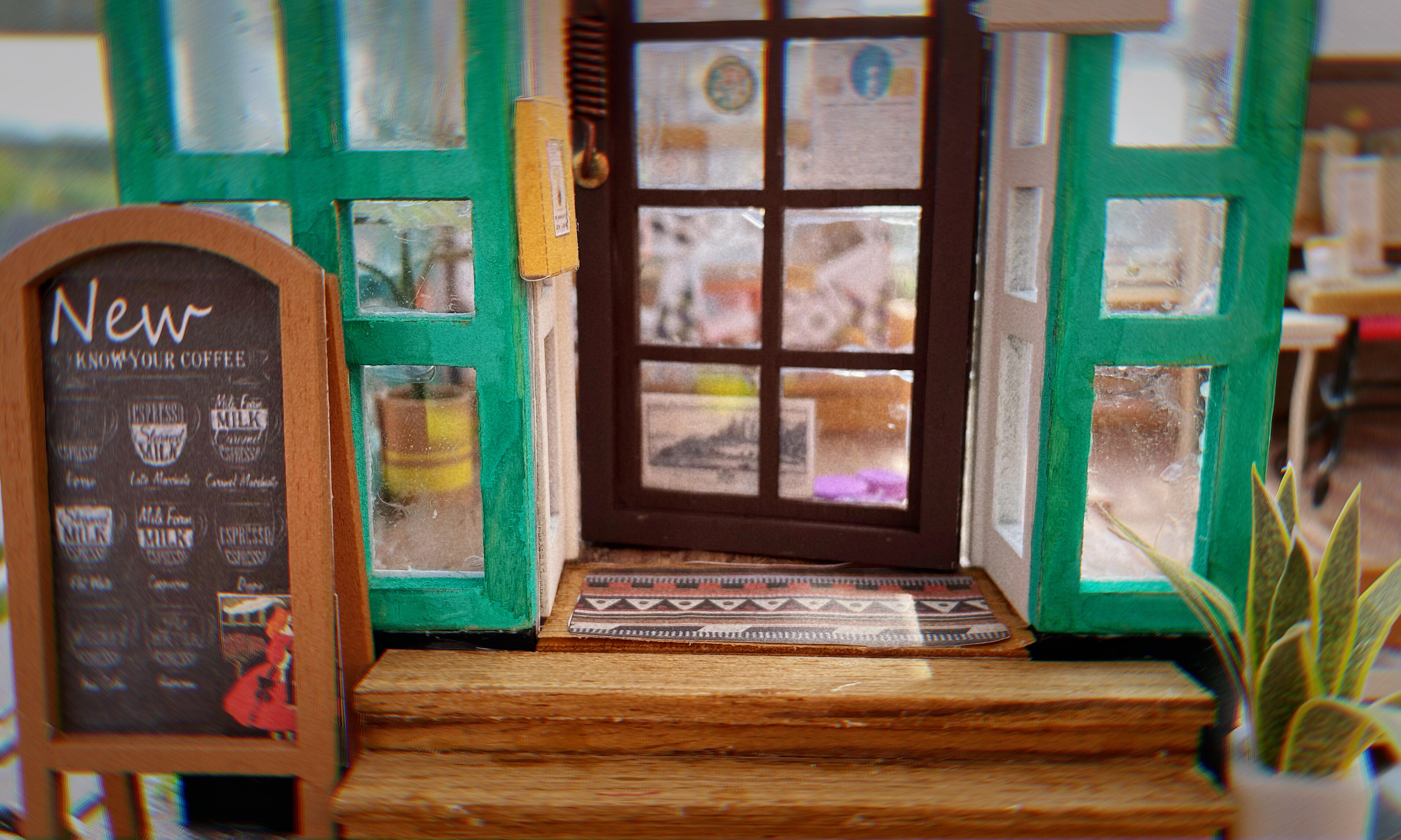@unagi 想起来之前 Word Power Made Easy里面有关于cliché的,但好像还是不完全跟“废话”一样,大概不同语言就是不可能做到一一对应的吧 ![]()
“A cliché is a pattern of words which was once new and fresh, but which now is so old, worn, and threadbare that only banal, unimaginative speakers and writers ever use it. Examples are: fast and furious; unsung heroes; by leaps and bounds; conspicuous by its absence; green with envy; etc. The most devastating criticism you can make of a piece of writing is to say, “It is full of clichés”; the most pointed insult to a person’s way of talking is, “You speak in clichés.”
A bromide is any trite, dull, and probably fallacious remark that shows little evidence of original thinking, and that therefore convinces a listener of the total absence of perspicacity on the part of the speaker.
For instance, some cautious, dull-minded individual might warn you not to take a chance in these words: “Remember it’s better to be safe than sorry!”
Your sneering response might be: “Oh, that old bromide!”
A platitude is similar to a cliché or bromide, in that it is a dull, trite, hackneyed, unimaginative pattern of words—but, to add insult to injury (cliché), the speaker uses it with an air of novelty—as if he just made it up, and isn’t he the brilliant fellow!
An anodyne, in the medical sense, is a drug that allays pain without curing an illness, like aspirin or morphine. Figuratively, an anodyne is a statement made to allay someone’s fears or anxieties, not believed by the speaker, but intended to be believed by the listener. “Prosperity is just around the corner” was a popular anodyne of the 1930s.
A bromide is also a drug, formerly used as a sedative. Sedatives dull the senses—the statement labeled a bromide comes from a speaker of dull wit and has a sedative effect on the listener. The adjective is bromidic (brō-MID′-ik), as in “his bromidic way of expressing himself.”
(顺便5000字上限真的太爽了,引用随便贴啊!
@unagi 联系之前你骂的诗,我又想到了几年前网络还在批判一种”废话体“,想找找英语里面有没有对那种风格的报道但是失败了 ![]() Google直接给出的结果是self-evident,顺便发现有人曾经在英语论坛中跟你提了相同的问题!对话中可以说apparently,obviously,另外有人建议使用kinderspiel这个词然后下面人甚至呼吁大家一起促进新词的发明!但是那个帖子是2006年的,至今还没有被普遍接受的,只能说这的确是英语里面的一个盲点了
Google直接给出的结果是self-evident,顺便发现有人曾经在英语论坛中跟你提了相同的问题!对话中可以说apparently,obviously,另外有人建议使用kinderspiel这个词然后下面人甚至呼吁大家一起促进新词的发明!但是那个帖子是2006年的,至今还没有被普遍接受的,只能说这的确是英语里面的一个盲点了![]()
@niemand 我也在想德语里有没有这个词,但 Kinderspiel 我的理解也是做起来很简单的事…感觉目前最接近的就是 self-evident 了![]()
@niemand 明白!语言之间时常不能一一对应![]() 只是之前莫名以为“废话”会是一个比较基础的词汇…
只是之前莫名以为“废话”会是一个比较基础的词汇…
@unagi 哈哈哈,它曾经是我的口头禅 ![]() 看了英语一个语气词Duh其实真的几乎意思一样,而汉语里面还压根没这个语气词呢
看了英语一个语气词Duh其实真的几乎意思一样,而汉语里面还压根没这个语气词呢 ![]()
等等,词典上有duh的解释!“used in response to something said that is too obvious to need to be mentioned” 真的很贴切!
所以英语里面只是把汉语废话可以囊括的用处拆开就行了,不同的场合有不同的表达…
@niemand 对对对就是这样的词,好像没有名词而已,不然就可以说 废话: something that is too obvious to need to be mentioned,然后 duh: used in response to 废话
@unagi 完全正确! ![]()

@unagi 学到了!但我的意思是毕竟每种语言的逻辑都是不一样的嘛